Mercedes’ team boss Toto Wolff believes their larger-than-expected advantage over Ferrari in Sunday’s 2016 Formula 1 Russian Grand Prix likely owed much to the circuit characteristics of Sochi Autodrom.
Ferrari brought engine and aero upgrades to the Russian event and were widely predicted to close the gap on the world champions. In the end however, Mercedes secured a one-two, with the Scuderia’s sole finisher, Kimi Raikkonen, a distant third - over half a minute behind race winner Nico Rosberg.
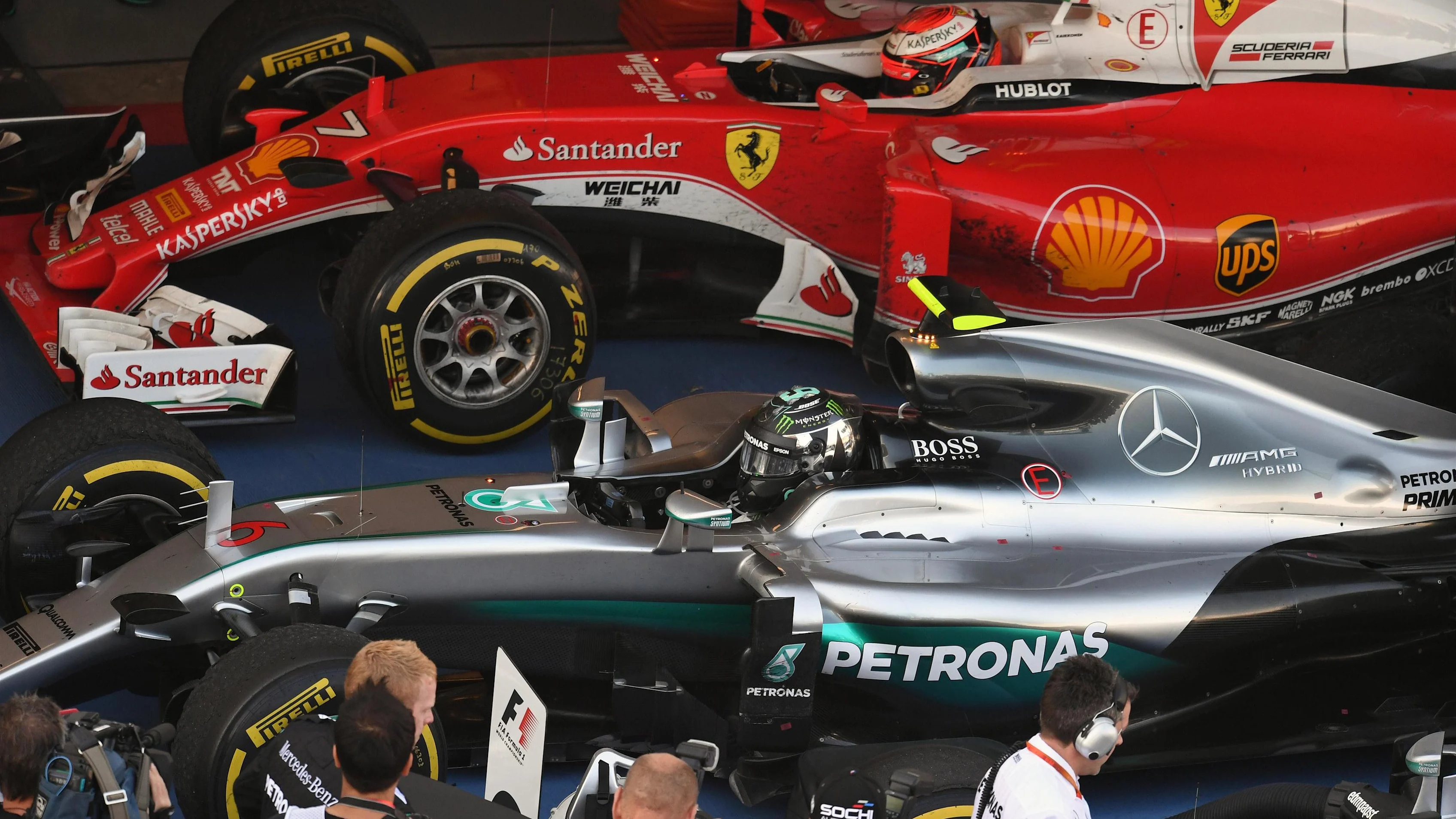
The track is very different with a very smooth surface, and we saw that the pace of many teams was different to the races before.
“The track is very different with a very smooth surface, and we saw that the pace of many teams was different to the races before,” said Wolff when questioned about Mercedes’ superiority. “Williams was very strong, Red Bull weren't, and Ferrari weren't as good as expected.
“This is a circuit where you have to get it right in terms of mechanical grip and aerodynamic downforce - and engine power plays a role. I would say that the dent in the Ferrari performance is Sochi-specific. But that is only my guess...”
Mercedes dominant victory came despite both Rosberg and team mate Lewis Hamilton - who fought his way up from 10th on the grid - experiencing technical difficulties on their cars during the 53-lap race.
“After the pit stop, we saw a sudden drop of water pressure, which was continuing to fall lap by lap, which meant that it was heading toward a terminal failure,” said Wolff of the issue that effectively ended any chance Hamilton had of victory.
“We don't know the reason for that yet. Probably it is on the chassis side. Thankfully it stabilized at a certain stage so Lewis was able to carry the car over the distance - and over the finish line. It could have been - and probably was - a leak. We have to see in the factory to make sure.”
Rosberg, meanwhile, had to contend with ERS gremlins en route to his fourth win from four races in 2016 and what was his seventh consecutive Grand Prix triumph.
“When we faced an issue on the MGU-K during the middle part of the race, he (Rosberg) was able to do all the necessary steps to keep it under control and bring it home,” added Wolff.
After Russia, Mercedes lead Ferrari in the constructors’ standings by 157 points to 76.
Next Up
Related Articles
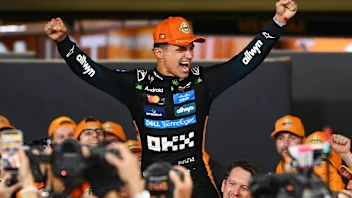 All the key stats from Norris’ title-winning season
All the key stats from Norris’ title-winning season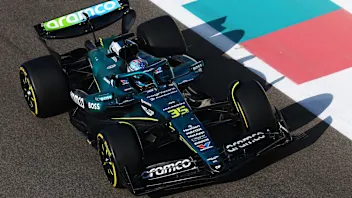 Crawford sets the pace at Abu Dhabi post-season test
Crawford sets the pace at Abu Dhabi post-season test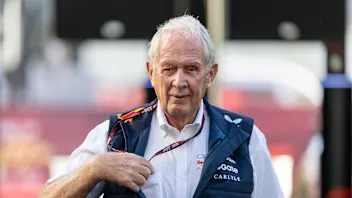 Dr Helmut Marko to leave Red Bull motorsport advisor role
Dr Helmut Marko to leave Red Bull motorsport advisor role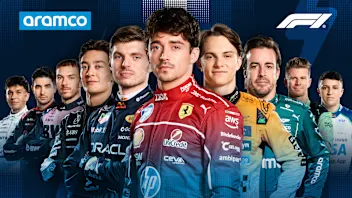 Power RankingsWho dazzled our judges at the finale in Abu Dhabi?
Power RankingsWho dazzled our judges at the finale in Abu Dhabi?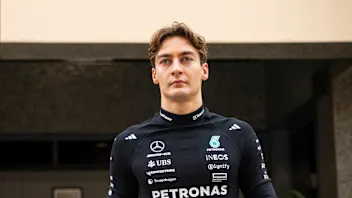 Russell calls his Abu Dhabi performance ‘dreadful’
Russell calls his Abu Dhabi performance ‘dreadful’ Sainz hopes point-less finish in Abu Dhabi ‘serves as a wake-up call’
Sainz hopes point-less finish in Abu Dhabi ‘serves as a wake-up call’